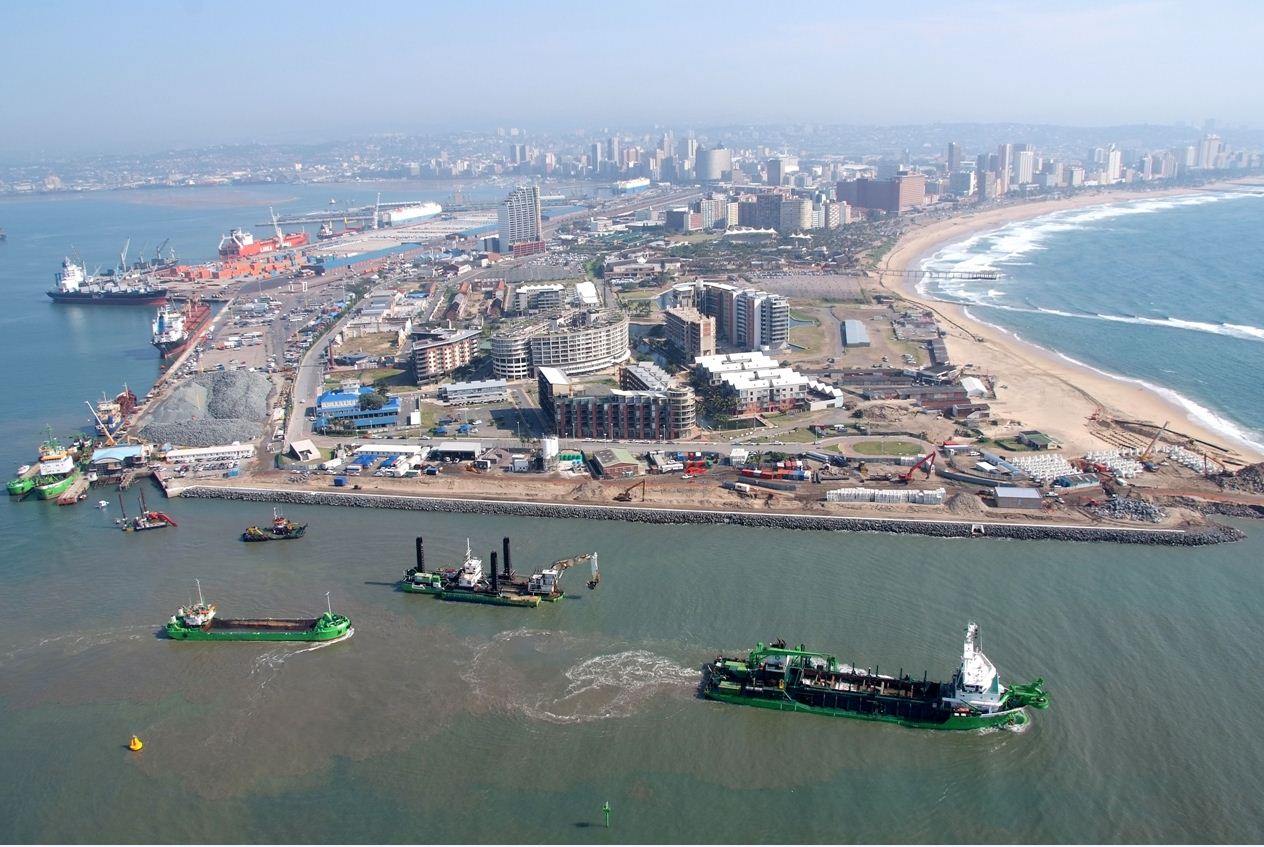African FDI and GDP Growth – the Telecom Sector
African FDI and GDP growth go hand-in-hand. The growth of foreign direct investment in Africa has created opportunities for African governments and local telecom companies.
The telecom sector in Africa
As a crucial player in the emergence of our information society, the telecommunication sector in developed countries has evolved as mobile communication is surpassing landline usage. Concurrently, mobile phones are being used more for data – SMS, video, chat, wide-ranging internet usage – than voice traffic.
Mobile communications in African countries not only reflects this trend, but outstrips it. Compared to a global growth rate of 3 %, the sub-Saharan Africa mobile phone market is projected to attain an annual growth rate of 4.6 % between 2019 and 2025. In units, that translates to an expected increase of 167 million unique mobile subscribers – from 456 million at the end of 2018 to 623 million unique mobile subscribers by 2025.
FDI and Africa’s Telecoms sector
Innovation is one of the major factors driving economic development in the knowledge economy. Add to that the United Nations’ prediction that “more than half the global population growth between now and 2050 will occur in Africa”, and it is clear that foreign investment in the telecommunication industry is aiding the continent’s digital journey.
The current impact of FDI on the development gap of African countries affects world development indicators:
- Economic development is elevated as LEDC (Less Economically Developed Countries) advance from reliance on primary industries to tertiary and service industries related to information technology.
- Human development has the potential to be positively impacted by telecoms capital as education and health services, for example, reach previously inaccessible areas of Africa. Better working conditions are encouraged in the host country.
- Material development increases as telecommunication and technology foster African start-ups and young entrepreneurs. Modern practices and high-quality jobs result from FDI.
Telecommunication technologies are no longer merely a means of communication, but an instrument for transforming lives!
Telecom and Investment and Growth
A 2019 study explores links between FDI, ICT, and GDP growth in sub-Saharan Africa. It shows that telecommunication services boost FDI inflow, enhancing regional economic growth. From an investor’s perspective, FDI determinants include market size, labor cost, and return on investment. Moreover, openness, domestic investment, and exchange rates also influence FDI. However, only politically stable African markets sustain long-term FDI inflows. High device costs and internet fees, along with state intervention, hinder entry. Rising competition also poses a barrier. Thus, African countries must attract FDI in telecom to achieve higher GDP and better living standards.
The Role of Africa in Global Telecom Investment
With the continent’s market size and its potential growth, Africa is a hot ticket location for foreign investors as they pour money into telecommunications infrastructure – expanding fibre coverage, boosting cloud computing, and adopting new mobile networks.
This has, in turn, led to zealous backing of data storage centres such as a recent $300 million investment by the US International Development Finance Corporation for the “acquisition and expansion of existing data centre assets” in South Africa and Kenya and the building of data centres in Nigeria, Ghana and other new markets in the region.
African telecom investment future
Opportunities for growth in the African telecommunications sector still abound, chiefly because the continent’s population continues to increase. But to stay ahead of the curve, investment in telecoms must address challenges and evolve accordingly:
- Bearing in mind that 59.5 % of all web traffic in Africa originates from mobile devices (excluding tablets), implementing a network architecture for the future requires innovative and cost-effective integration of alternate technologies.
- Invest in expanding revenue streams by leveraging digital services, IoT, and AR/VR communication solutions.
- Focus on optimizing networks for machine-to-machine data traffic and using collected data to elevate network performance and customer experiences.
Should you need a reliable internet service provider for your African FDI and GDP growth needs, contact the AFR-IX telecom team today.





